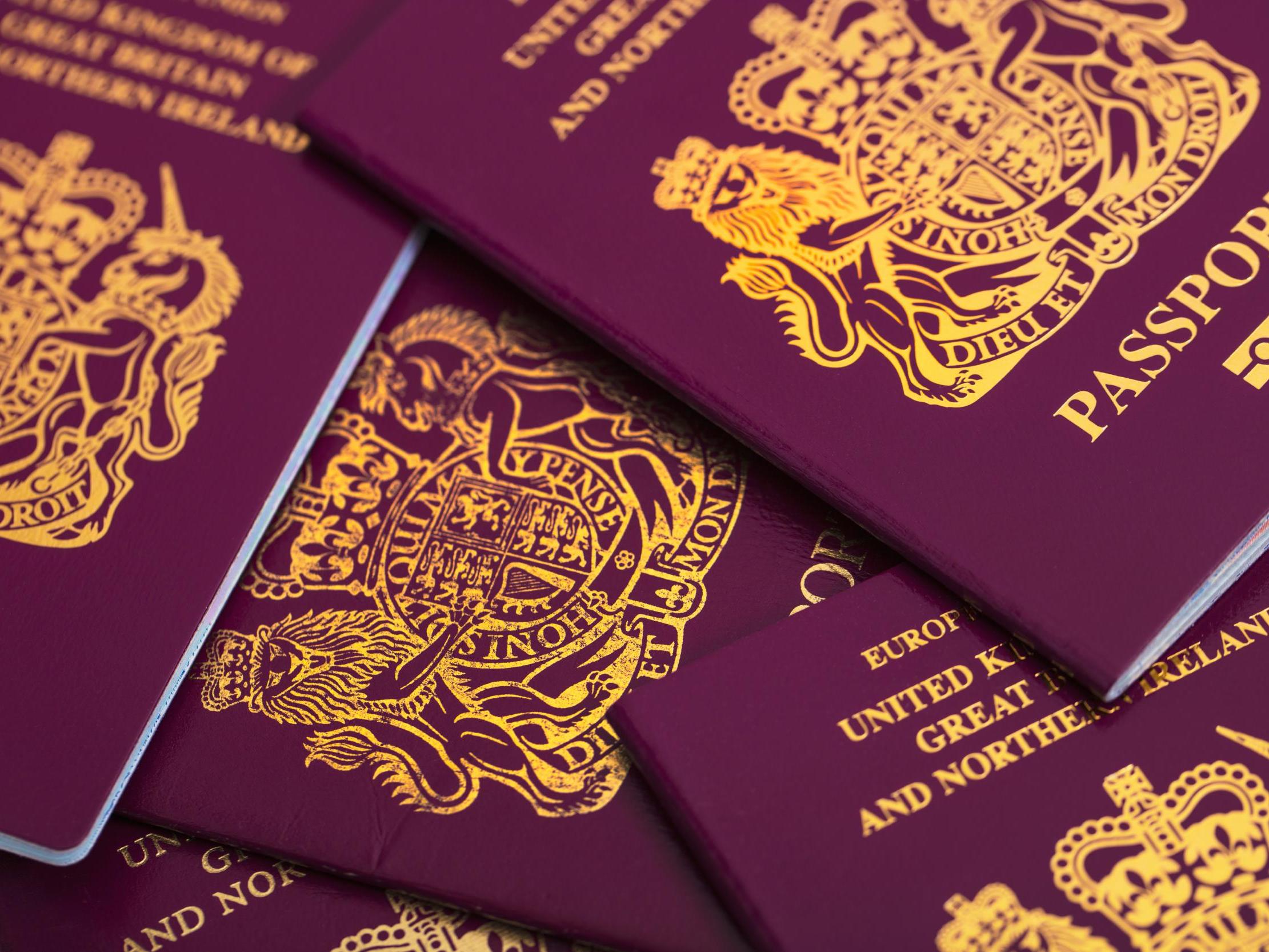Non-binary people deserve to have their identities legally recognised – but the government is standing in the way
I launched a petition to allow people to identify outside of ‘male’ and ‘female’ on legal documents because we should be able to freely and easily access institutions without fear of persecution, detainment or arrest


Your support helps us to tell the story
From reproductive rights to climate change to Big Tech, The Independent is on the ground when the story is developing. Whether it's investigating the financials of Elon Musk's pro-Trump PAC or producing our latest documentary, 'The A Word', which shines a light on the American women fighting for reproductive rights, we know how important it is to parse out the facts from the messaging.
At such a critical moment in US history, we need reporters on the ground. Your donation allows us to keep sending journalists to speak to both sides of the story.
The Independent is trusted by Americans across the entire political spectrum. And unlike many other quality news outlets, we choose not to lock Americans out of our reporting and analysis with paywalls. We believe quality journalism should be available to everyone, paid for by those who can afford it.
Your support makes all the difference.For most people, ticking the gender marker on forms is a non-issue. It’s not something that most people even think about.
But not being able to self-identify on all types of documentation is damaging and dysphoric for many people. It’s another reminder that those who don’t identify as male or female are not to be seen and aren’t to be catered or cared for in these institutions.
And I’m not just talking about the gender markers on annoying spam emails. When it comes to being able to identify outside of the gender binary on legal documentation such as passports and birth certificates, the legislation is non-existent.
After having to renew my passport myself, I fell into a space where I wasn’t allowed to identify as myself, and knew I needed to do something about it.
In the UK there have been other efforts to allow the High Court to change the binary systems that operate on UK passports, since other countries such as Nepal, India, Pakistan, Bangladesh, Germany, New Zealand, and Australia do allow their citizens to identify as neither male nor female, and they can still pass through our border controls.
A previous attempt by activist Christie Elan-Cane was refused by the High Court in the UK after 20 years of campaigning, after the Home Office said that “The amendment to legislative policy would incur a huge administrative burden”.
After taking a domestic flight for the first time last year, from London to Glasgow, I was already anxious about the treatment of femme-identifying people who, on their passports, have “male” anointed to them. Femme is a term originally used by the lesbian community who expressed themselves in a feminine way in the 1980s, and is now also used by non-cisgender non-binary and gender non-conforming people whose gender expression is feminine.
Fortunately, my passport wasn’t necessary to travel to Scotland, so this journey turned out to be fairly stress-free, despite the fact that I knew from other trans and non-binary folk that border controls en masse in the UK and the US are notorious for their transphobia.
Following that journey, I had a lot on my mind. Do I conform and allow my new passport that will be with me for years to have a gender identity on it that doesn’t match who I am, or do I try and do something about it?
After seeing the amazing Gina Martin campaign tirelessly to make upskirting illegal, I knew that I couldn’t just sit there and allow this to continue as it affects more people than just myself.
I launched a petition to allow people to identify outside of “male” and “female” on legal documentation at a time when the results of the government’s much discussed consultation of the Gender Recognition Act should be released, and both the petition and the consultation should allow the government to think about how they can make the lives of trans, non-binary and gender non-conforming people better in the UK.
It doesn’t feel like a huge ask to allow our identities to be legally recognised, so that we can freely and easily use the institutions within our society without fear of persecution, detainment or arrest.
We saw with the legalisation of same-sex marriage that by giving a group legal recognition and rights, it doesn’t necessarily mean that we are going to achieve social equality.
However, the rights and quality of life of trans, non-binary and gender non-conforming people should be a priority at the moment. Two in five trans people have experienced a hate crime due to their gender identity, and four in five LGBT+ people have experienced a hate crime but haven’t reported it.
These statistics are a clear sign, for me and many queer people, that we need to begin to change the institutions that are supposed to keep us safe. That’s why this petition is so important.
We don’t want to exist in the shadows anymore. Moves like this allow us to be seen, listened to, and able to change the world for the better.
Jamie Windust is the editor in chief of Fruitcake Magazine. You can find their petition here at: https://petition.parliament.uk/petitions/240636
Join our commenting forum
Join thought-provoking conversations, follow other Independent readers and see their replies
Comments